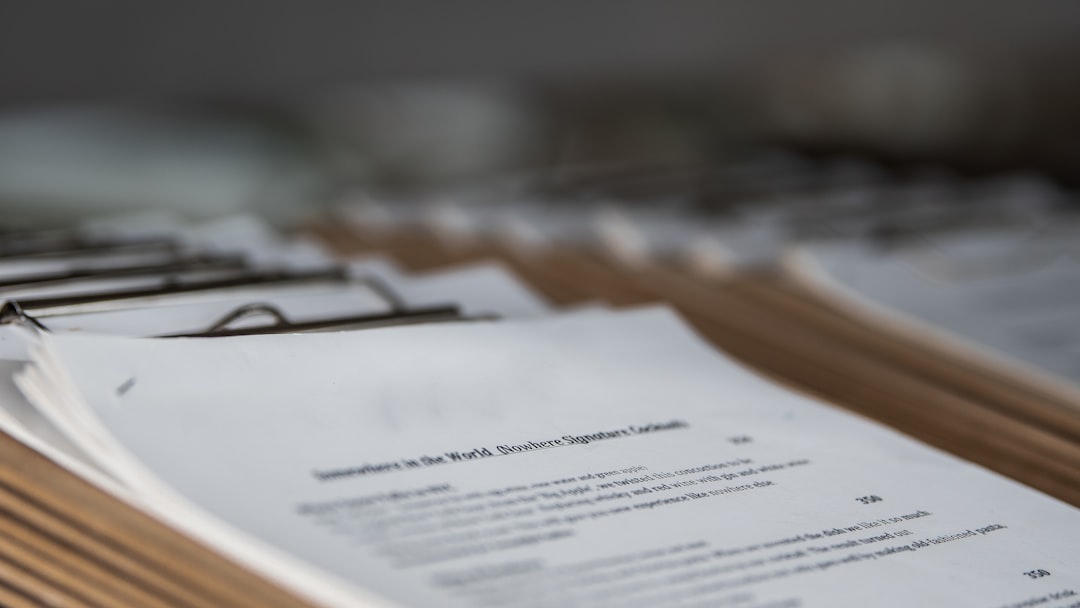Have you ever wondered if there’s a dreaded “CIBIL defaulter list” that could haunt your financial future? Many people believe that CIBIL, India’s leading credit bureau, maintains a separate list of individuals who have defaulted on their loans or credit card payments. However, the reality is quite different. In this article, we’ll uncover the truth about the so-called CIBIL defaulter list and help you understand how defaults can affect your credit profile.
What is CIBIL?
Before we dive into the concept of a defaulter list, let’s first understand what CIBIL is and how it works. CIBIL, or Credit Information Bureau (India) Limited, is a credit bureau that collects and maintains credit-related data of individuals and businesses. This information is sourced from member banks and financial institutions, including details about credit accounts, repayment history, outstanding debts, and any defaults or delinquencies.
CIBIL uses this data to generate a comprehensive credit report and calculate a credit score for each individual. The CIBIL score ranges from 300 to 900, with higher scores indicating better creditworthiness. Generally, a score above 750 is considered good, while anything below 600 may raise red flags for lenders.
The myth of the CIBIL defaulter list
Contrary to popular belief, CIBIL does not maintain a separate “defaulter list.” Instead, any defaults or late payments are recorded in your credit report, which is accessible to lenders when you apply for credit. This means that if you have defaulted on a loan or credit card payment in the past, it will be reflected in your credit report and may negatively impact your CIBIL score.
Here’s an example to illustrate this point: Imagine two individuals, Rahul and Priya, who both have a credit card with a limit of ₹50,000. Rahul always pays his bills on time, while Priya often misses her payments by more than 90 days. In this scenario, Priya’s defaults will be recorded in her credit report, lowering her CIBIL score. However, there is no separate list that specifically identifies her as a defaulter.
How defaults impact your credit score
When you default on a loan or credit card payment, it can have a significant impact on your CIBIL score. Late payments are typically reported to CIBIL by the lender after 30, 60, or 90 days of non-payment. The longer the default period, the more severe the impact on your credit score.
For instance, let’s say you have a personal loan with an EMI of ₹5,000 per month. If you miss one payment, your credit score may drop by 50-80 points. However, if you consistently miss payments for several months, your score could plummet by 100-150 points or more.
A low credit score can make it difficult for you to secure loans or credit cards in the future. Lenders consider individuals with low scores to be high-risk borrowers and may either reject their applications outright or charge higher interest rates to compensate for the perceived risk.
Checking your credit report for defaults
Since there is no separate CIBIL defaulter list, the only way to know if you have any defaults on your credit profile is to check your credit report. You can obtain your credit report from the CIBIL website by following these simple steps:
-
Visit the CIBIL website (https://www.cibil.com/) and click on “Get your CIBIL Score.”
-
Fill in your personal details, such as name, date of birth, and PAN number.
-
Verify your identity by providing your mobile number and email address.
-
Pay the applicable fee (₹550 for a one-time report or ₹800 for an annual subscription).
-
Access your credit report and review it carefully for any errors or defaults.
It’s essential to check your credit report regularly, at least once a year, to ensure that the information is accurate and up-to-date. If you find any discrepancies or errors, you can raise a dispute with CIBIL to have them rectified.
The RBI’s list of wilful defaulters
While CIBIL does not maintain a specific defaulter list, the Reserve Bank of India (RBI) does publish a list of “wilful defaulters.” These are individuals or companies who have deliberately defaulted on loans of ₹25 lakhs or more, despite having the capacity to repay. The RBI’s list is publicly available and is intended to help banks and financial institutions make informed lending decisions.
However, it’s important to note that being a wilful defaulter is different from having a regular default on your credit report. Wilful defaults are a more serious offense and can have severe consequences, such as legal action and difficulty in accessing credit in the future.
Removing defaults from your credit report
If you have defaulted on a loan or credit card payment, it’s crucial to take steps to rectify the situation as soon as possible. Here are some options to consider:
-
Pay off the outstanding amount: If you can afford to pay the defaulted amount in full, do so immediately. This will stop further negative reporting to CIBIL and help improve your credit score over time.
-
Negotiate a settlement: If you’re unable to pay the full amount, contact your lender and try to negotiate a settlement. This may involve paying a lump sum that is less than the total outstanding balance. Once the settlement is paid, the default will be recorded as “settled” on your credit report.
-
Opt for a debt restructuring plan: In some cases, lenders may offer debt restructuring options, such as extending the loan tenure or reducing the interest rate. This can help make your payments more manageable and prevent further defaults.
Remember, defaults can stay on your credit report for up to seven years, so it’s essential to address them promptly and take steps to rebuild your credit score.
Improving your credit score with Airtel Finance
If you’re looking to improve your credit score and access affordable credit options, Airtel Finance can help. Here are some ways Airtel Finance can assist you in your financial journey:
-
Free credit score check: Monitor your credit health regularly with Airtel Finance’s free credit score check facility. Stay on top of your credit profile and take proactive steps to improve your score.
-
Personal loans: If you need funds for an emergency or a planned expense, Airtel Finance offers personal loans at competitive interest rates. Check your eligibility and apply online with minimal documentation.
-
Airtel Thanks app: Manage your finances on the go with the Airtel Thanks app. Track your credit score, apply for loans, and access exclusive offers and rewards.
By leveraging these services from Airtel Finance, you can take control of your credit health and work towards a brighter financial future.
Conclusion:
In summary, while there is no specific CIBIL defaulter list, defaults are recorded in your credit report and can significantly impact your credit score. It’s crucial to regularly check your credit report for any errors or defaults and take prompt action to address them. Remember, a good credit score is essential for accessing affordable credit and achieving your financial goals.
If you’re looking to improve your credit health and explore personalized credit options, consider Airtel Finance. With a range of services designed to help you manage your finances effectively, Airtel Finance can be your trusted partner in your financial journey. Take the first step today by checking your credit score for free and exploring the various offerings available to you.
FAQs:
-
What is the difference between a CIBIL defaulter list and a credit report?
There is no separate CIBIL defaulter list. Defaults are recorded in your credit report, which is a comprehensive document containing your credit history and score. -
How long do defaults stay on my credit report?
Defaults can remain on your credit report for up to seven years from the date of the default. -
Can I get a loan if I have a default on my credit report?
While having a default on your credit report can make it more difficult to secure a loan, it’s not impossible. Some lenders may offer loans to individuals with less-than-perfect credit, albeit at higher interest rates. -
How often should I check my credit report?
It’s recommended to check your credit report at least once a year to ensure the information is accurate and up-to-date. -
What is the difference between a regular default and a wilful default?
A regular default occurs when an individual fails to make payments on a loan or credit card as per the agreed terms. A wilful default, on the other hand, is a deliberate non-payment of a loan despite having the capacity to repay. Wilful defaults are more serious and can result in legal action.



